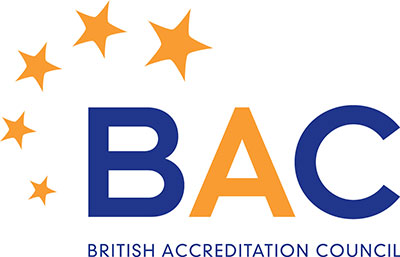The state of the world’s children 2011
The Imperative of Investing in Adolescence
From the UNICEF website
Among the multitude of issues, goals, targets and priorities on the international development agenda, adolescents – defined by the United Nations as those between 10 and 19 years of age – seldom come first.
Particularly when development budgets are constrained, as now, conventional wisdom might dictate devoting most resources to children in the first decade of their lives. Investment in health, nutrition, basic education and protection for younger children has in recent years secured a significantly better start in life for many.
With this achievement, however, comes a responsibility to ensure that support for children continues as they grow and develop. Lasting change in the lives of children and young people, a critical underlying motivation of the Millennium Declaration, can only be achieved by complementing the commitment to the first decade of life with recognition of the
importance of the second.




